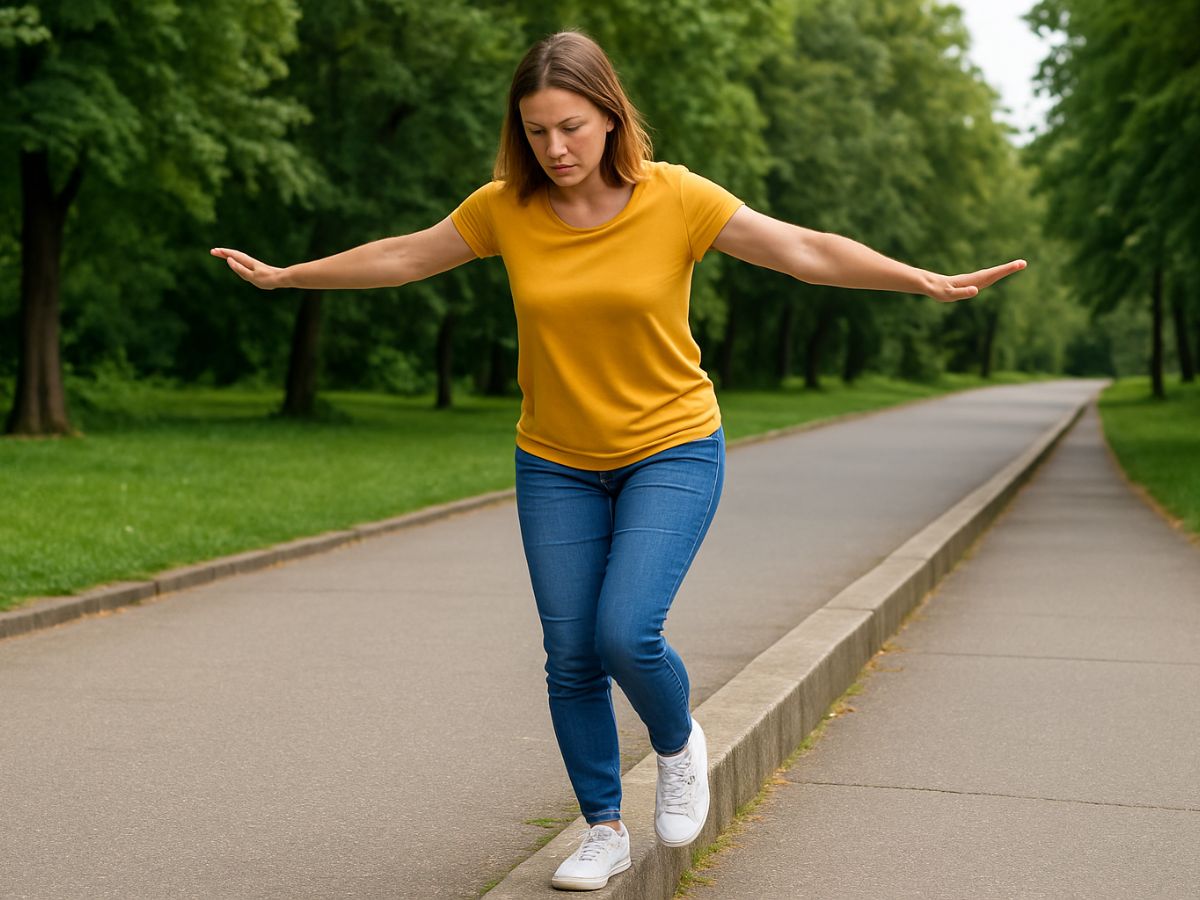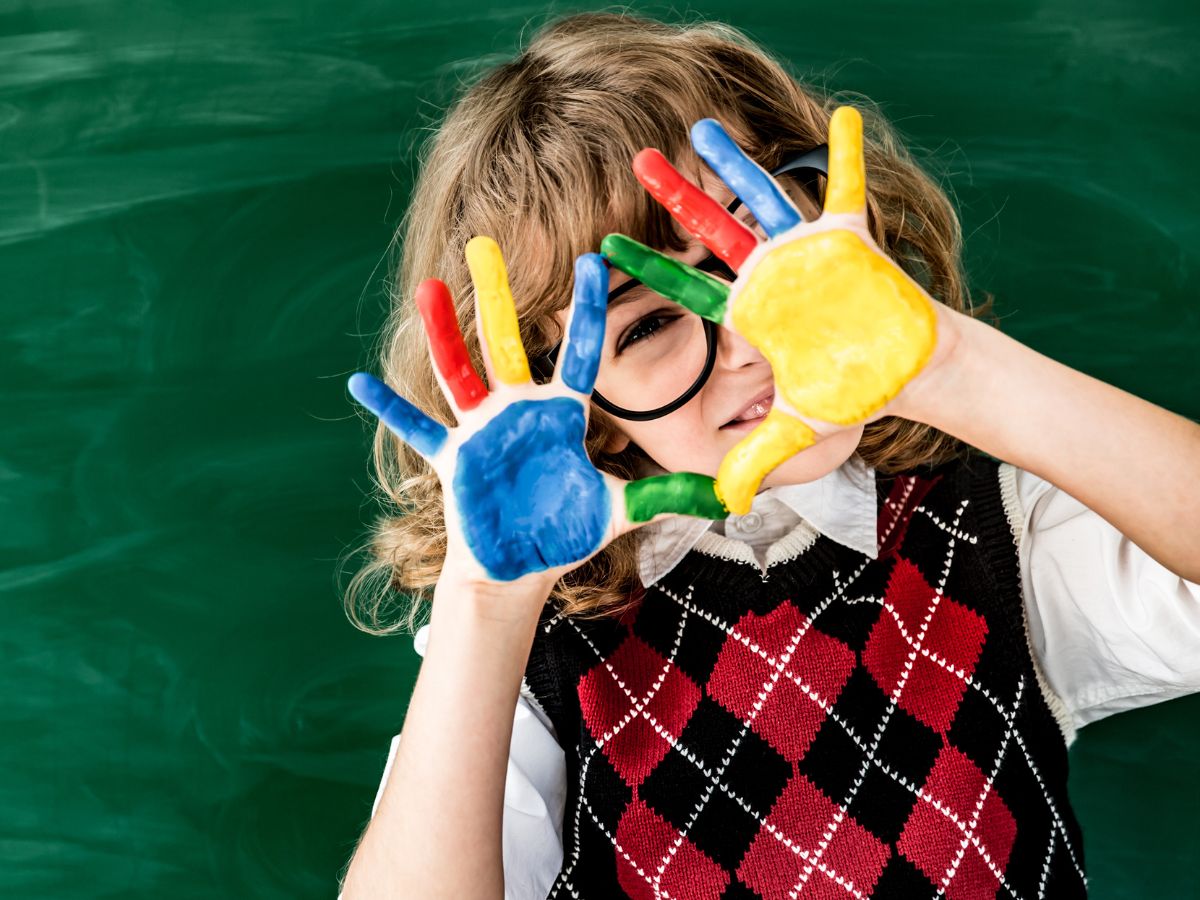During the summer, when we spend more time outdoors, moving around and breaking away from routine, it’s common to notice certain physical sensations that we can’t always explain: feeling off-balance while walking on uneven ground, clumsiness when catching a ball, or uncertainty when getting on a paddleboard.
What if we told you your vision might have a lot to do with all of that?
Although we usually associate vision with “seeing clearly,” the visual system actually plays a much broader and deeper role in daily life—especially in how we move, orient ourselves, and maintain balance.
Beyond clear sight
Seeing well isn’t just about reading small letters or recognizing faces from a distance. Vision also involves the two eyes working in coordination, the brain correctly interpreting what they perceive, and all that visual information being integrated with the rest of the body to respond accurately.
When any of these functions are underdeveloped or subtly impaired, difficulties can arise—often unnoticed: frequent tripping, poor coordination while running, a sense of instability, or clumsiness that’s mistakenly attributed to lack of practice or attention.
Vision, balance, and coordination: a direct connection
Our body orients and moves thanks to three major systems working together:
- The visual system
- The vestibular system (located in the inner ear, responsible for balance)
- The proprioceptive system (related to the body’s position in space)
When these systems communicate smoothly, the result is good coordination and balance. But if there’s a failure in how the eyes focus, align, or work as a team, the brain receives unclear or conflicting signals, and the body compensates as best it can—by adjusting posture, forcing movements, or visually disconnecting from part of the scene.
And what about children?
During the holidays, it’s easier to observe how children move without the structure of the classroom. If a child avoids certain physical games, falls frequently, struggles to coordinate when pedaling, or seems clumsier than their peers, it’s important to consider whether their visual system may be involved.
Very often, what seems like a psychomotor issue actually stems from an undiagnosed visual difficulty.
How can vision therapy help?
At Enfoca’t, we assess the visual system from a functional perspective. We don’t just analyze whether a person sees clearly, but how they use their vision while moving, how well their eyes work together, and how that visual information integrates with the body.
If we detect imbalances or coordination issues linked to visual dysfunction, we create a personalized vision therapy program.
A good time to observe and take action
Summer is a great opportunity to observe ourselves in a different rhythm, in new environments, and with more freedom of movement. Paying attention to how we move, react, or how our children play can provide valuable clues about the visual system.
If you notice signs of clumsiness, insecurity, or imbalance, don’t ignore them. A visual evaluation can provide answers and open the door to real, lasting improvement.
At Enfoca’t, we help you see differently—and move better too.
Book an appointment at our Barcelona center and take the first step toward a more coordinated and confident vision.





